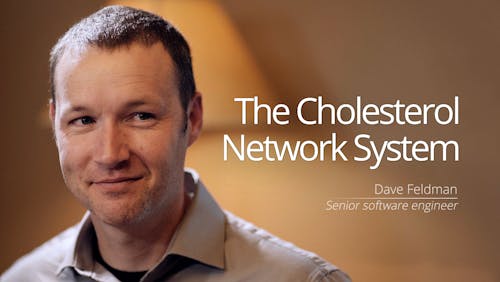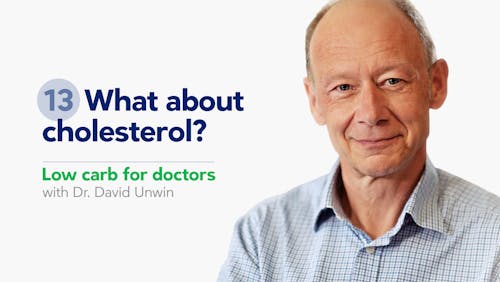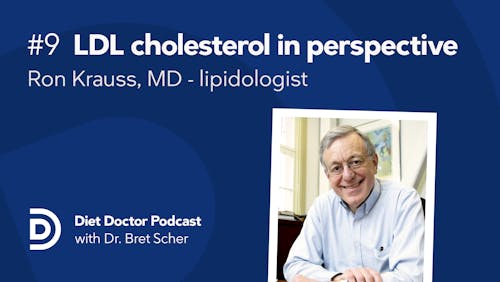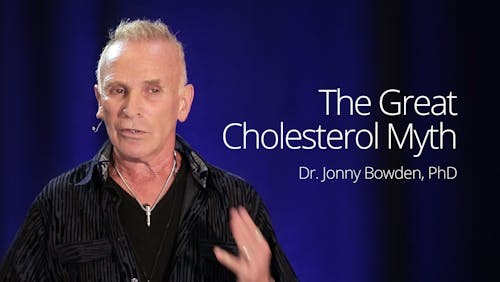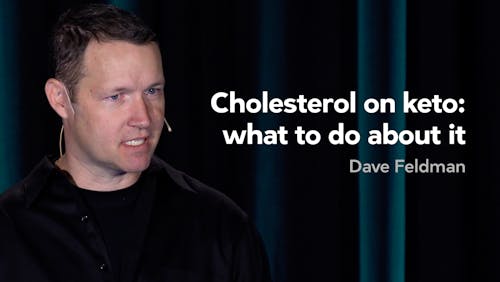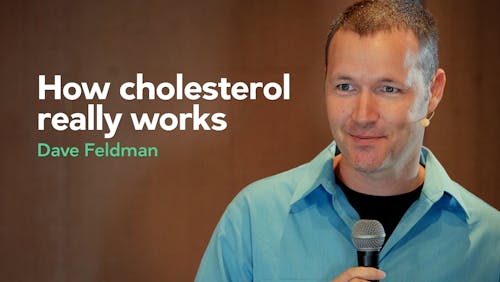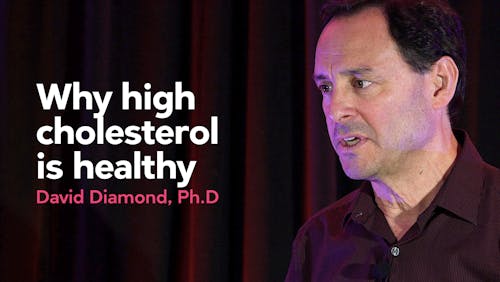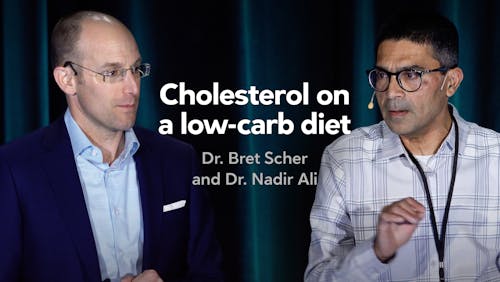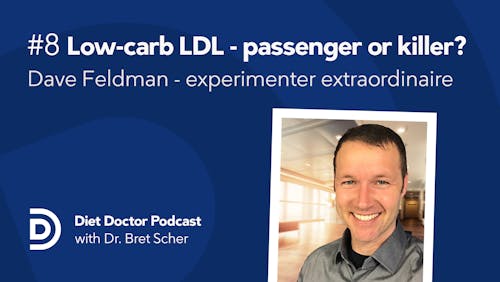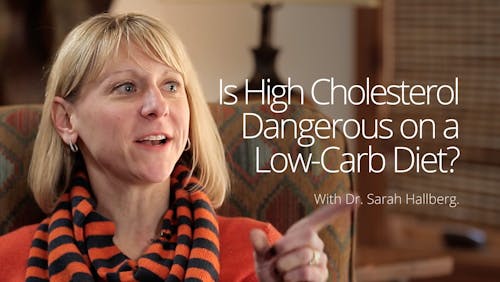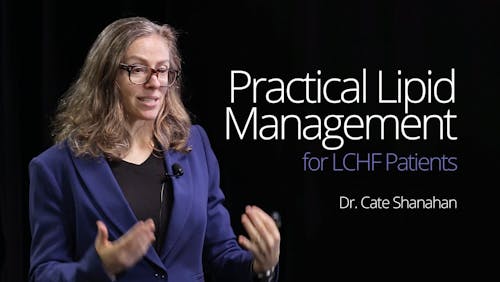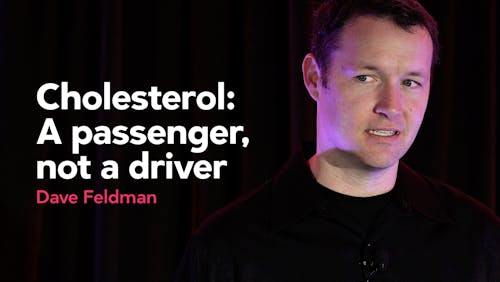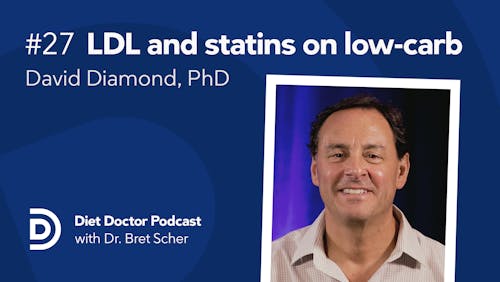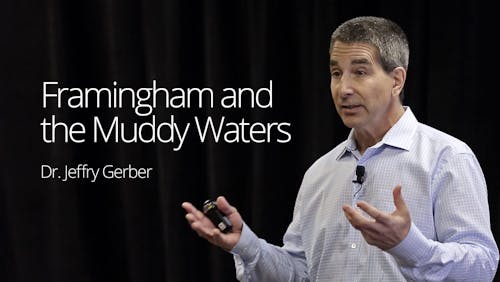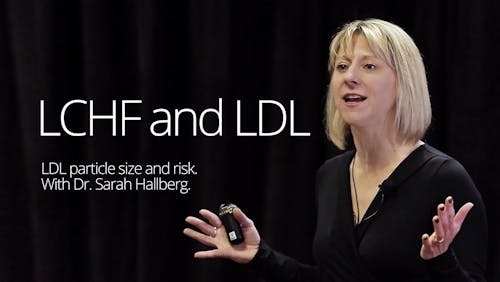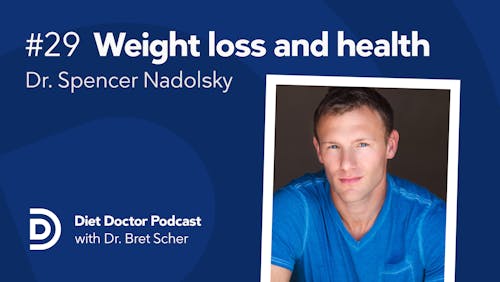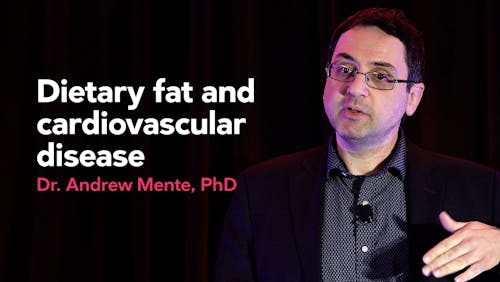Has Diet Doctor changed its view on LDL Cholesterol?
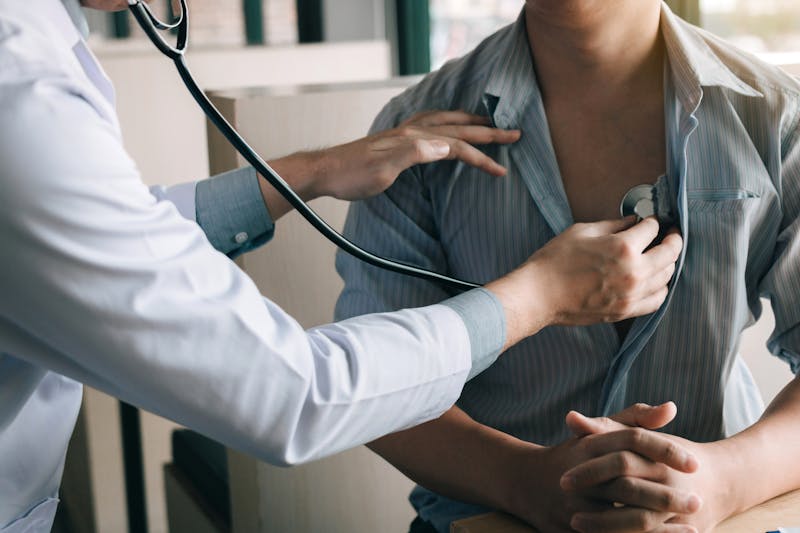
We have gotten a few questions about our stance on LDL cholesterol since our recent article on the genetic study showing lower cardiovascular risk in those who have a genetic predisposition to lower LDL cholesterol. It’s a good question and, as Medical Director of the site and a board-certified cardiologist, I will do my best to clarify our position.
First, has Diet Doctor had an official position on LDL? While things change over time as new evidence emerges, I think our most consistent position has been that we don’t know everything we need to know about LDL. I will summarize what we do and don’t know as follows:
- Most epidemiology studies (including genetic studies) show a consistent association between higher LDL and higher cardiovascular risk for those under 60 years old; among those over 60, this relationship varies based on age and gender.
- Drug therapies (like statins, PCSK9 inhibitors, and ezetimibe) that lower LDL also lower the risk for heart attacks with a small but statistically significant risk reduction.
- Most subjects included in the drug intervention and epidemiology studies were following a standard Western or low-fat diet.
- We do not know if or how those results would change for those following low-carb diets.
- When controlled for HDL or triglyceride to HDL ratio, which both typically improve when following a low-carb diet, much of the risk of elevated LDL and the benefits of statin therapy decreases or disappears. However, we have to acknowledge the strength of this data is not as high as we would like it to be.
- There are mechanistic reasons to believe that an elevated LDL in a low-carb, fat-adapted individual could be less of a concern than for the general population. However, we do not have convincing clinical trials to confirm or refute this.
- Because of the conflicting data and the holes in our long-term data, we still need to acknowledge that this is an individualized decision.
The genetic study we recently wrote about was interpreted in accordance with our standing position on LDL. For the population studied, LDL appeared to matter. As we pointed out, the average triglyceride to HDL ratio was 2.5. That is a far cry from the usual 1.5 or less that we see in most low-carb eaters who experience an elevation in their LDL. (And remember, most low-carb eaters do not experience a significant elevation of LDL.) Would LDL matter in those with better metabolic health and low-carb lifestyles?
We don’t know, since it hasn’t been studied.
At Diet Doctor, we know you look to us for trustworthy and useful information to empower you to improve your health and your lives. But at the same time, we have to be honest about what we know and what we do not know, and the strength of the evidence. LDL is a perfect example of the difficulty in that.
So, how are we doing? Please give us feedback if you think we can improve how reliable and trustworthy our information is. We want to help everyone make low carb simple.
Thanks for reading,
Bret Scher MD FACC
More
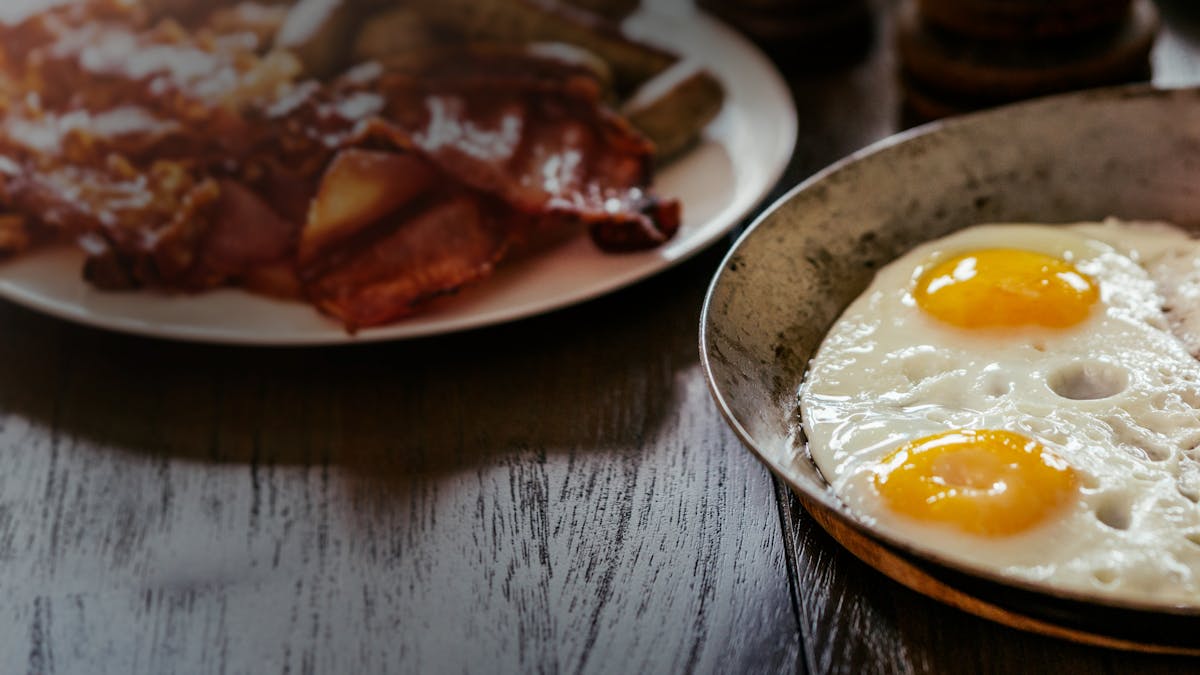

Cholesterol and low-carb diets
GuideCholesterol is often viewed negatively due to its historical association with heart disease. However, its role in heart health is controversial. Read on to learn what cholesterol is, how your body uses it, why low-carb and keto diets may lead to a change in blood cholesterol levels.
